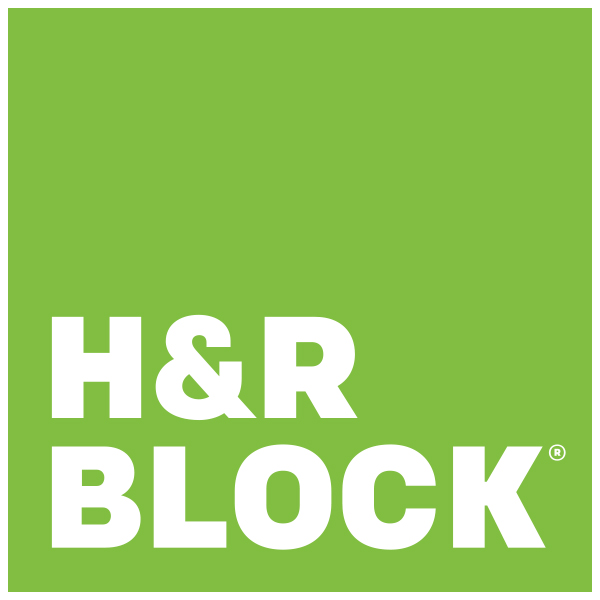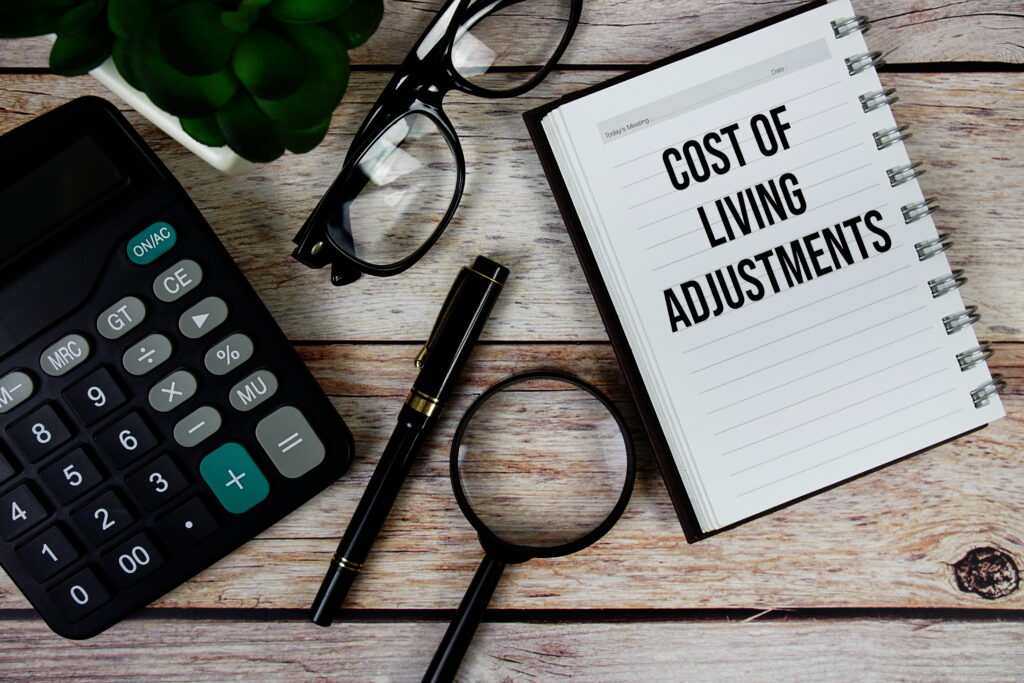Omicron threw a wrench in everyone’s plans, but there’s still one aspect of the new year you can control: filing your taxes on time.
So remember the date April 18th, and keep reading for a handy guide to important dates to note for tax season, plus the documents you’ll need to collect to ensure everything goes smoothly.
Important dates and deadlines:
- January 24: The 2022 tax season begins. You can submit your 2021 returns to begin being processed.
- April 15: Deadline for making contributions to IRAs, health savings accounts (HSAs), Archer Medical Savings Accounts (Archer MSAs), and Coverdell education savings accounts (Coverdell ESAs).
- April 18: TAXES ARE DUE. Either file your taxes or request an extension. (Some states have different tax deadlines. Check yours here. your state’s deadline on your state’s Department of Revenue website.)
- October 17: If you filed for an extension, your taxes are due.
Documents and records you need:
Most people will not need all of the items listed below, so don’t stress if you’ve never received a 1099-K or something else.
- Forms W-2 from your employer(s)
- Forms 1099 from banks, issuing agencies and other payers including unemployment compensation, dividends, distributions from a pension, annuity or retirement plan
- Form 1099-K, 1099-MISC, W-2 or other income statement if you worked in the gig economy
- Form 1099-INT if you were paid interest
- Other income documents and records of virtual currency transactions
- Form 1095-A, Health Insurance Marketplace Statement, to reconcile advance Premium Tax Credits for Marketplace coverage
- Letter 6419, 2021 Total Advance Child Tax Credit Payments to reconcile your advance Child Tax Credit payments
- Letter 6475, Your 2021 Economic Impact Payment, to determine whether you’re eligible to claim the Recovery Rebate Credit
- Social Security number
- Individual Taxpayer Identification Numbers
- Adoption Taxpayer Identification Numbers
- Identity Protection Personal Identification Number valid for calendar year 2022
- If you file your returns late, you can get an automatic extension by filing IRS Form 4868. Note that this extension only applies to filing your tax returns, not to paying the taxes themselves.
Things to consider:
Has your family status changed? If you got married or had a child, you might want to file a joint tax return, or could get a refundable tax credit. If you bought a car or a home, you could claim new deductions – even a nonrefundable tax credit if the car you purchased was a hybrid model or an electric vehicle.
Finally, you’ll have to decide whether or not to claim the standard deduction, or itemize your deductions.
Need help with your Taxes? Meet our partners:
With H&R block, you can even get unlimited, on-demand access to a tax professional via phone or video chat. Plus, they’re currently offering 20% off their deluxe, premium and self-employed packages.
Tax Slayer offers one free federal and state return for simple tax situations. They also offer live chat, email and phone support for additional help.
These materials are for informational purposes only and do not constitute legal, finance, or tax advice. Brigit does not provide tax advisory services. For guidance related to your specific tax situation, please consult your taxation or financial advisor.












